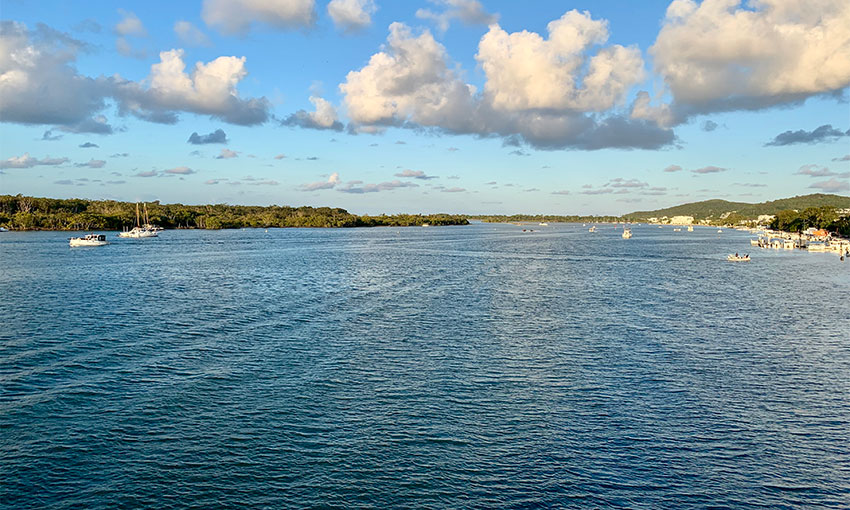MARITIME Safety Queensland is continuing its roll-out a suite of safety and pollution reforms that should see the removal of derelict and abandoned vessels in a Queensland river.
The MSQ program targets the Noosa River in the state’s south-east. Locals had raised concerns around the safety, amenity and pollution of the river, which is a popular waterway for recreational boating.
Stage one of the reform program – the introduction of speed limitations in parts of the river – came into force in September 2023.
MSQ will now move to the next stage of the reform process by issuing “notices to comply” to owners of vessels that were identified as non-compliant in audits MSQ completed in the leadup to implementing the reforms.
In stage three, vessels that do not comply, or that are unseaworthy and abandoned, will be required to be removed from the river between May and August 2024.
Stage four of the program, commencing in July 2024, will see a “no anchoring” area established in some parts of the river.
Stage five, starting in October 2024, will see MSQ create a “no anchoring” area for unoccupied vessels over five metres in length, for a host of safety reasons.
The final stage six will see a 28-day anchoring restriction introduced for Noosa waterways, commencing in March 2025, with a designated implementation period for vessel owners to comply by June 2025.
“Maritime Safety Queensland is working hard to tackle the safety and pollution problems associated with the Noosa River,” QLD transport and main roads minister Bart Mellish said.
“It is never acceptable for vessels to pose safety or pollution risks in our pristine waterways, so MSQ is commencing its suite of actions to responsibly manage those that do,” he said.
“Following that, the heavy usage and broad mix of users on the southern shore of the river makes managing this area a high safety priority.
“Boaties and Noosa residents can expect to see MSQ’s officers on the water in the weeks and months ahead, educating boaties about the reforms, establishing navigation aids, assessing moorings and anchored and abandoned vessels, and enforcing safety rules.”
Mr Mellish said MSQ is conscious there are “many vulnerable people” who may be affected by these reforms, and it intends to work closely with them to ensure appropriate compliance with the new regulations to ensure their own and the public’s safety.
“MSQ will also be working hard behind the scenes to progress legislative changes to enable improvements to the river’s management over the years ahead,” he said.

